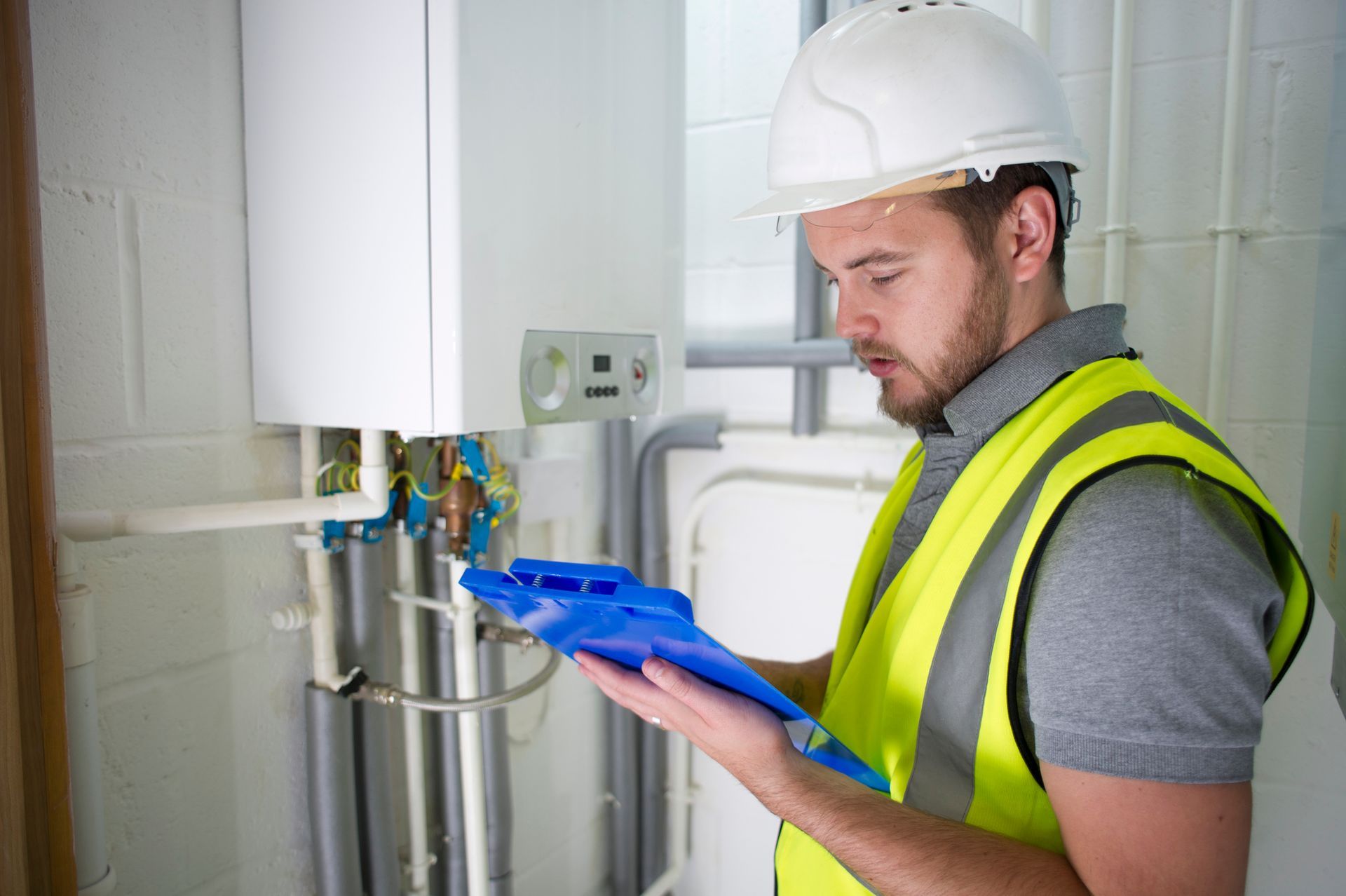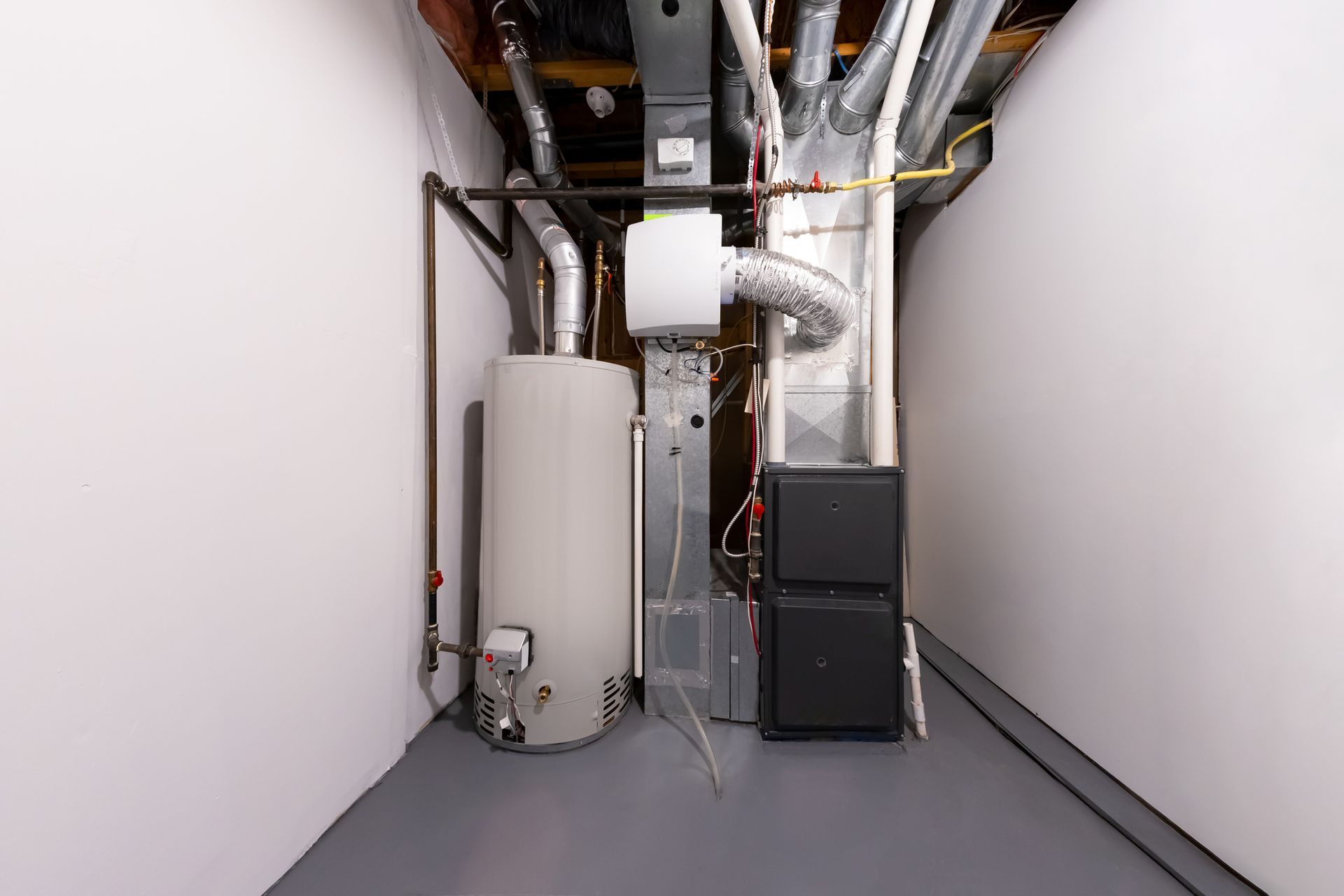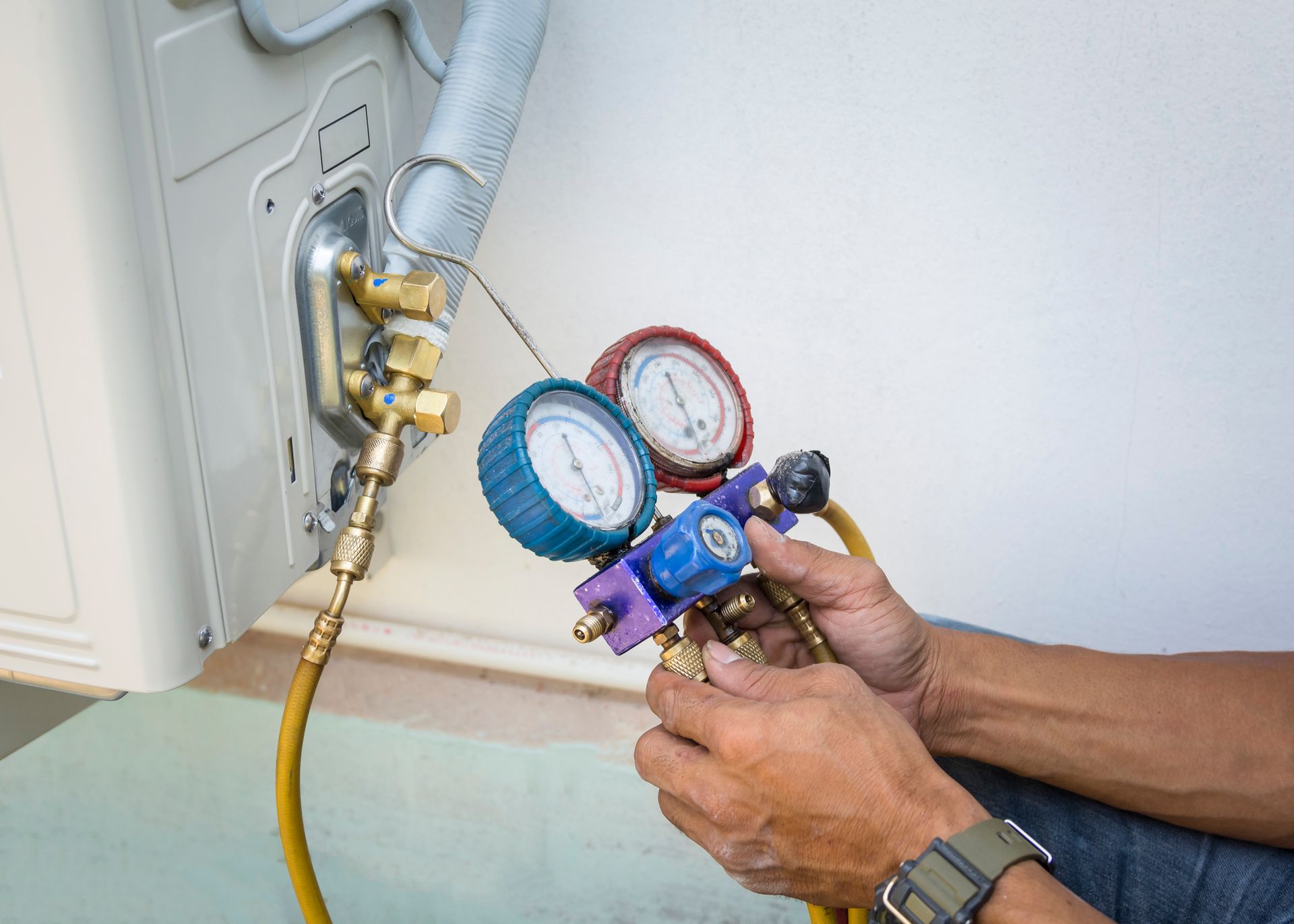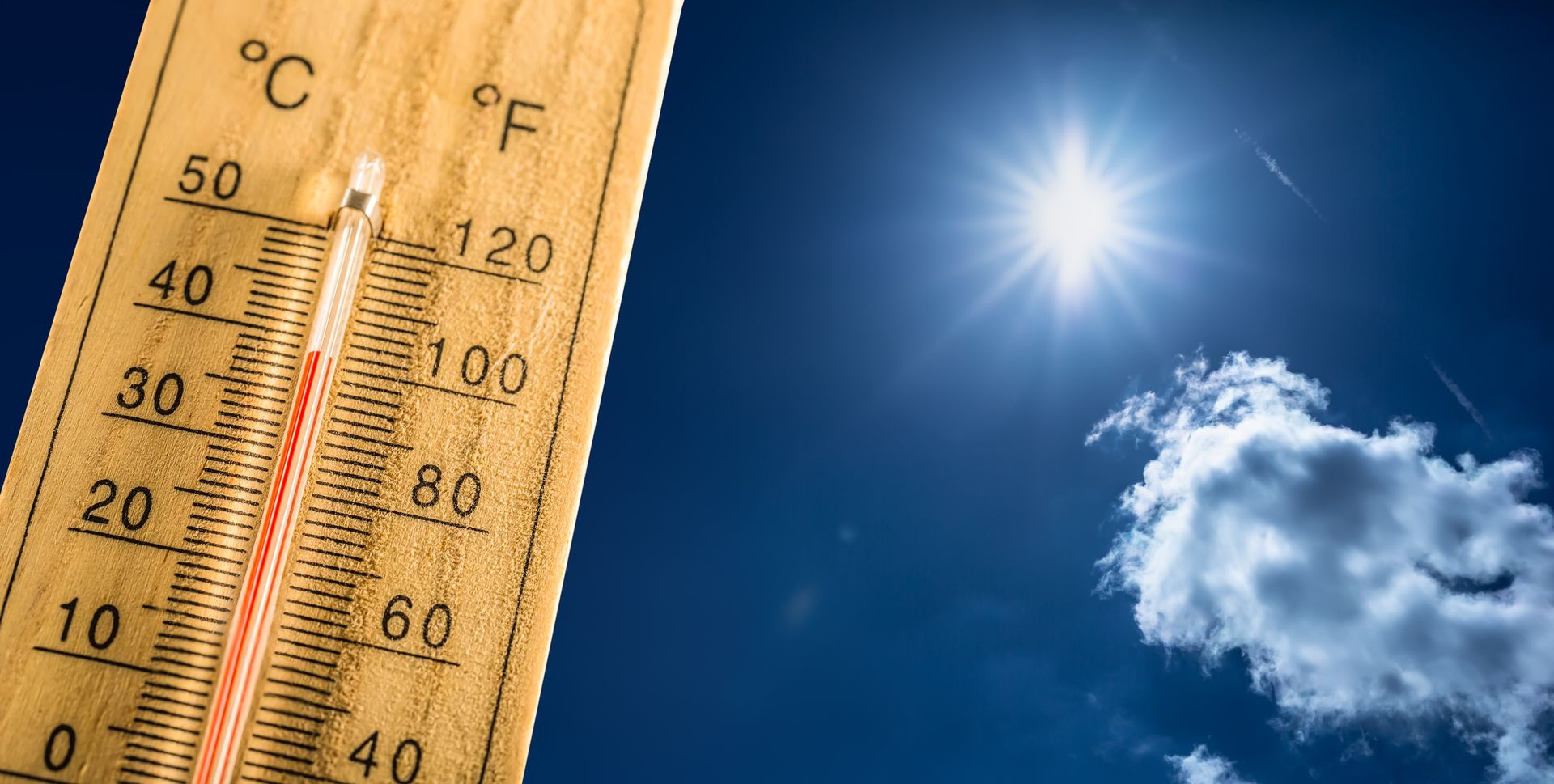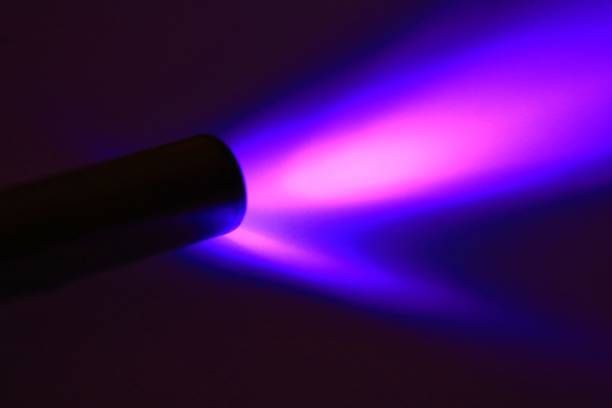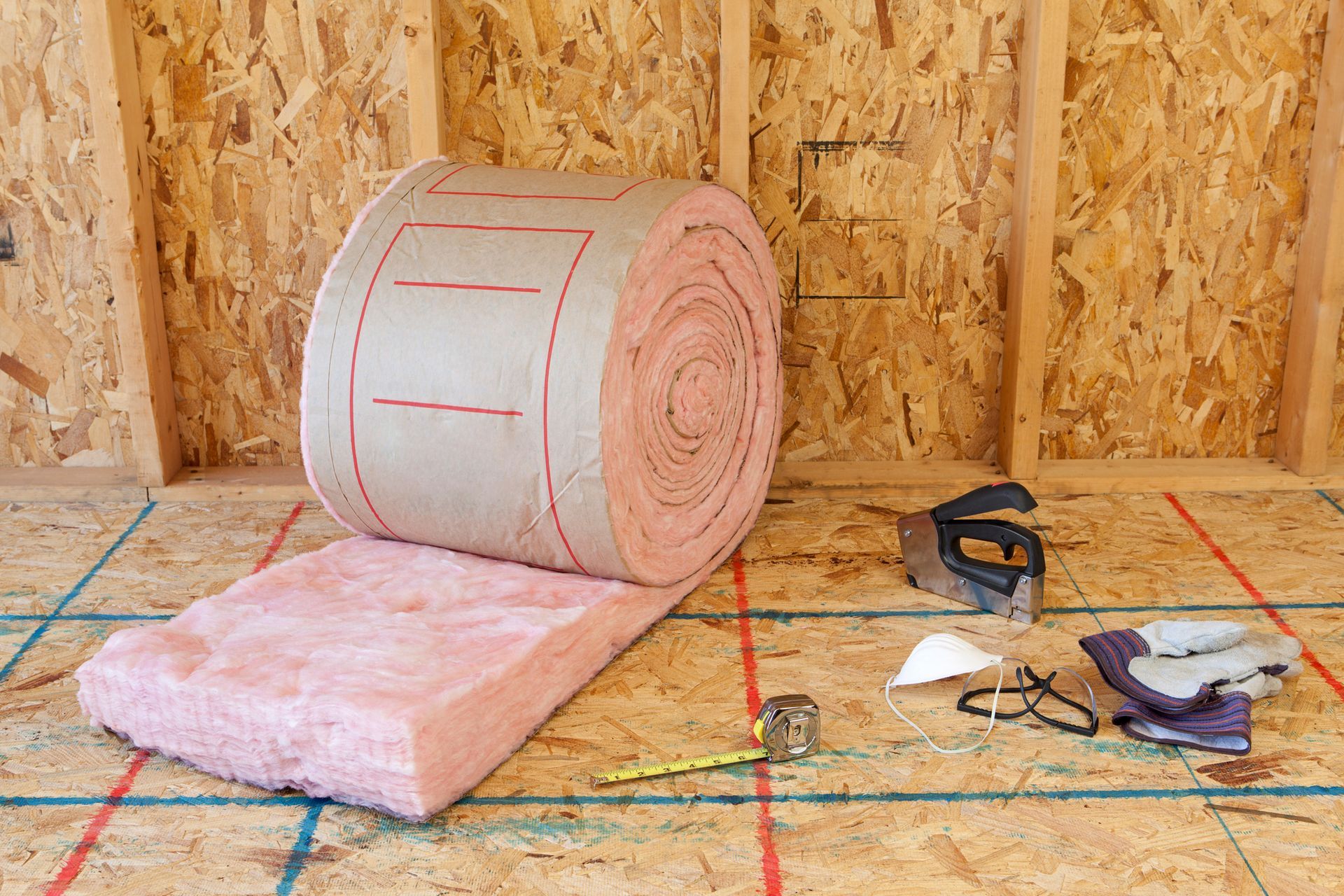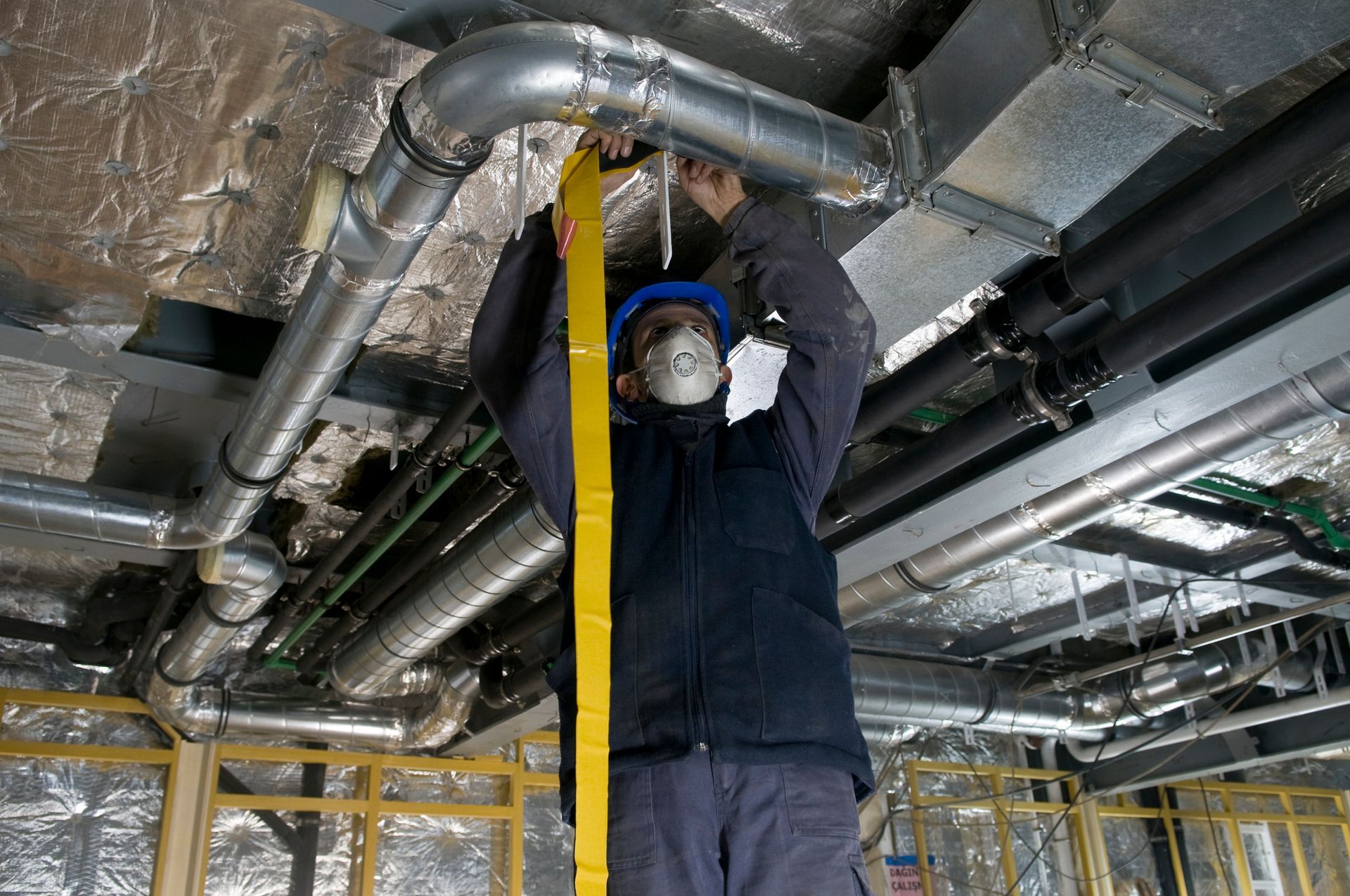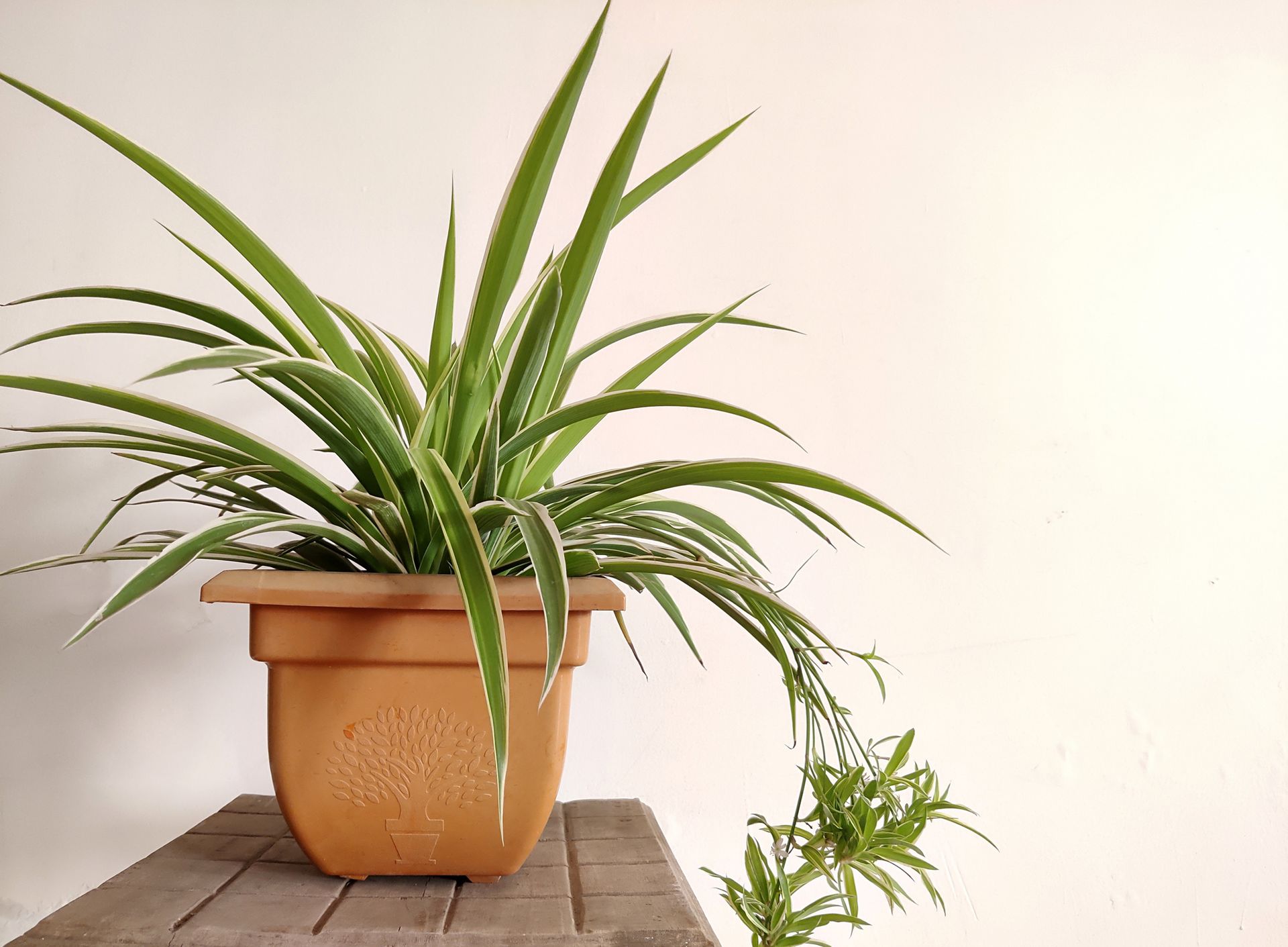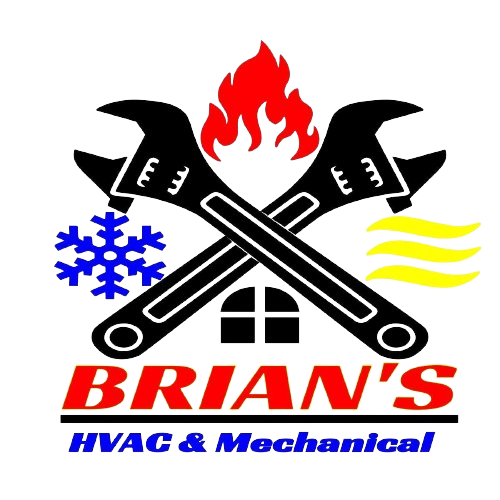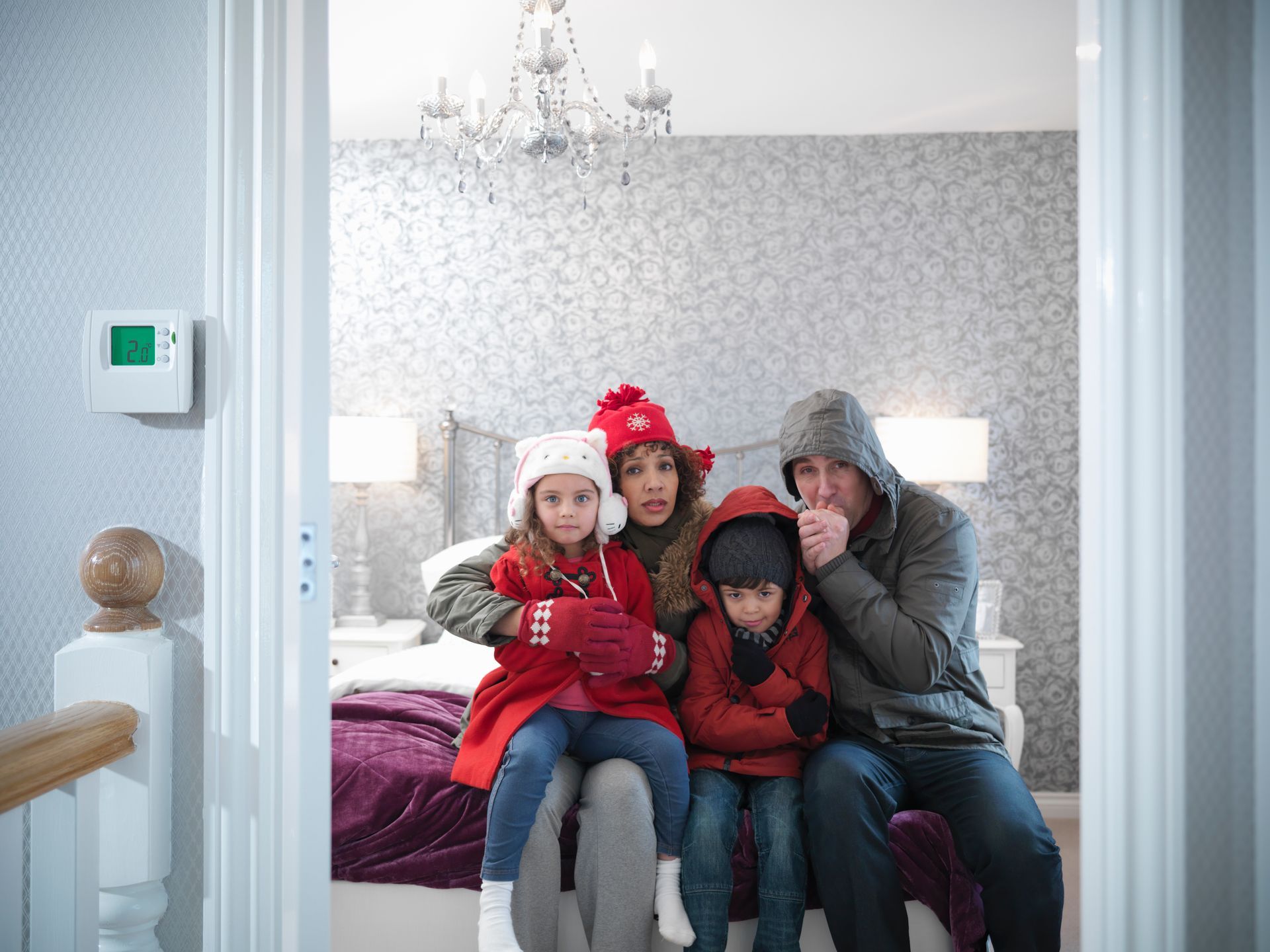Why You Should Check Your Heating System Every Year
Why You Should Check Your Heating System Every Year?
As the weather gets colder, you probably start using your heating system more to stay cozy and warm. But, before you rely on your heater to keep you comfortable all season, it’s important to check if it’s working properly. Here’s why getting a yearly check-up for your heating system is a smart move.
1. Prevents Unexpected Breakdowns
Imagine it’s a freezing winter night, and suddenly, your heater stops working. No one wants to deal with a broken heater in the middle of winter! Having a professional check your heating system every year can help spot any problems before they become big issues. The technician can find small problems, like a loose part or a dirty filter, and fix them early on. This way, your heater is less likely to break down when you need it most.
2. Keeps Your Family Safe
Did you know that heaters can sometimes be dangerous? If your heater burns fuel, like natural gas or oil, it creates heat but also produces carbon monoxide. Carbon monoxide is a colorless and odorless gas that can be harmful if it builds up in your home. When you get your heater checked, the technician will make sure there are no leaks and that everything is venting properly. This keeps your home safe and your family protected from harmful gases.
3. Helps Your Heater Run More Efficiently
Over time, dust and dirt can collect in your heating system, making it work harder to warm up your home. A yearly check-up involves cleaning important parts, so your heater doesn’t have to struggle. When your heater runs more efficiently, it uses less energy. This means it costs less to heat your home, so you save money on your energy bills!
4. Extends the Life of Your Heating System
A heating system is a big investment. Most heaters can last about 15 to 20 years, but only if they’re taken care of properly. Think of it like taking care of a car – if you don’t change the oil or fix little problems, it won’t last as long. When you get a yearly inspection, you’re helping your heater stay in good shape. This can add years to its life, meaning you won’t have to spend money on a new system as soon.
5. Maintains Your Warranty
Many heaters come with a warranty, which means the manufacturer promises to repair or replace certain parts if they break within a certain time. However, most warranties require you to get regular maintenance. If you skip yearly check-ups, you might void (cancel) your warranty. This means if something goes wrong, you’ll have to pay for the repairs yourself. By checking your heating system each year, you’re keeping your warranty in place, which can save you money in the long run.
6. Improves Air Quality in Your Home
A dirty heating system can circulate dust, pollen, mold, and other particles around your home. If you or your family members have allergies or asthma, this can make it harder to breathe. During a yearly inspection, the technician can clean the air filters and other parts of your heating system. This helps to improve the air quality in your home, making it a healthier place to live.
7. Helps the Environment
When your heater works efficiently, it uses less fuel or electricity. This not only saves you money but also helps reduce the amount of energy used overall. Using less energy is good for the environment because it lowers the amount of pollution created. By taking care of your heating system, you’re also doing your part to protect the planet.
8. Gives You Peace of Mind
Finally, one of the best reasons to check your heating system every year is the peace of mind it gives you. Knowing that your heater is safe, clean, and ready to go can make the winter season much more enjoyable. Instead of worrying about unexpected problems or high energy bills, you can relax and stay cozy.
What Does a Heating System Check-Up Involve?
You might be wondering, “What exactly happens during a heating system check-up?” When a technician comes to inspect your heater, they usually:
Examine pipes and drains: The plumber will check your pipes for signs of corrosion, blockages, or damage. They’ll also make sure your drains are flowing freely and aren’t clogged.
2. Check the thermostat – They make sure your thermostat is working correctly so your home stays at the right temperature.
3. Inspect and clean parts – This includes cleaning burners and checking connections, which keeps your heater working safely.
4. Look for leaks – They’ll check for gas or carbon monoxide leaks, which can be dangerous if left untreated.
5. Lubricate moving parts – This helps prevent wear and tear on the system, so it lasts longer.
How Often Should You Check Your Heating System?
It’s best to have your heating system checked once a year, ideally before the cold weather starts. This way, you can be sure it’s ready to keep your home warm all winter long.
Conclusion
Getting a yearly heating system check-up may not seem like a big deal, but it can make a huge difference. By preventing breakdowns, keeping your family safe, saving you money, and even helping the environment, it’s clear that regular maintenance is worth it. So, before the cold weather hits, make sure your heating system is ready to keep you comfortable and safe all season long.
